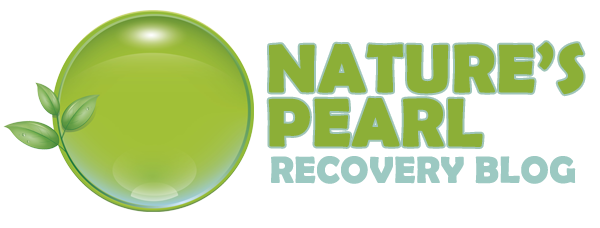
My 30s are a blur. For over ten years, from the time I was 29 years old until I reached the age of 40, I drank alcoholically. Back during the late 70s and the 1980s, AA was just coming into vogue. Treatment centers were opening up around the country and most emphasized the 12 steps of Alcoholics Anonymous as the only way to recover.
Many of the recovering alcoholics you met at AA meetings back then had achieved their sobriety the "hard way." That is to say they didn't have the luxury of a treatment center. Many of them dried out in sanitariums; others received electrical shock treatments. Many simply shook it out among fellow AA members. Only one in ten people actually achieved sobriety back then.
It is little wonder that the AA members who achieved sobriety in the 50s and 60s spoke against using any type of medication in the recovery process. Perhaps that is why, even when doctors prescribed medications to help me, I turned them down. I wanted to get sober -- without drugs.
Unfortunately never worked for me. After more than ten years of alcoholic drinking that hurt my family and caused me to lose job after job, I finally sought out a counselor named Betty, a recovering alcoholic who got sober in the 1960s. After gaining sobriety Betty went to college and earned her Master's degree in psychology and counseling.
After several sessions Betty referred me to a psychiatrist who prescribed Prozac. When I balked, Betty assured me she would not recommend anything unless she believed it would help me.
At the end of my rope, I agreed to take it.
I kept going back to Betty each week. And gradually each week things got a little better. One day Betty said to me: you seem to be feeling pretty good these days. "Yes, I guess I do," I replied. That is when Betty turned to me and said two words I will never, ever forget: "Welcome back."
She explained that for ten years I had been self-medicating my depression with alcohol. The reason why, she said, is because depression is simply too painful to tolerate.



